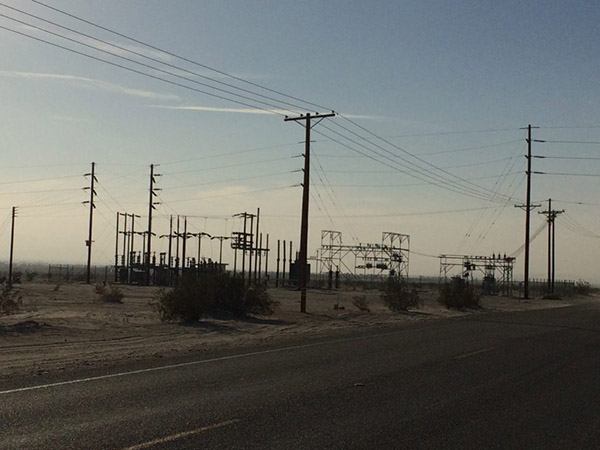
Local Power: The Politics of Renewables in California
“This is something you won’t find written down,” says George, watching intently for my reaction. “But it’s been agreed upon at the highest level of government—the highest level—that the California desert is designated as a sacrifice zone. We are worth sacrificing.” He holds my gaze, making sure I take down what he says word for word. George speaks with confidence and ease, a natural choice for the face of his neighborhood conservation group. “I’ve done the calculations. More renewable energy is available from rooftop solar in San Diego and Los Angeles Counties than will be derived from the large-scale generating facilities on two million acres of desert habitat called for in the Desert Renewable Energy Plan. It doesn’t make sense! But they don’t care, because they’ve decided that we’re a sacrifice zone.” (read more...)

